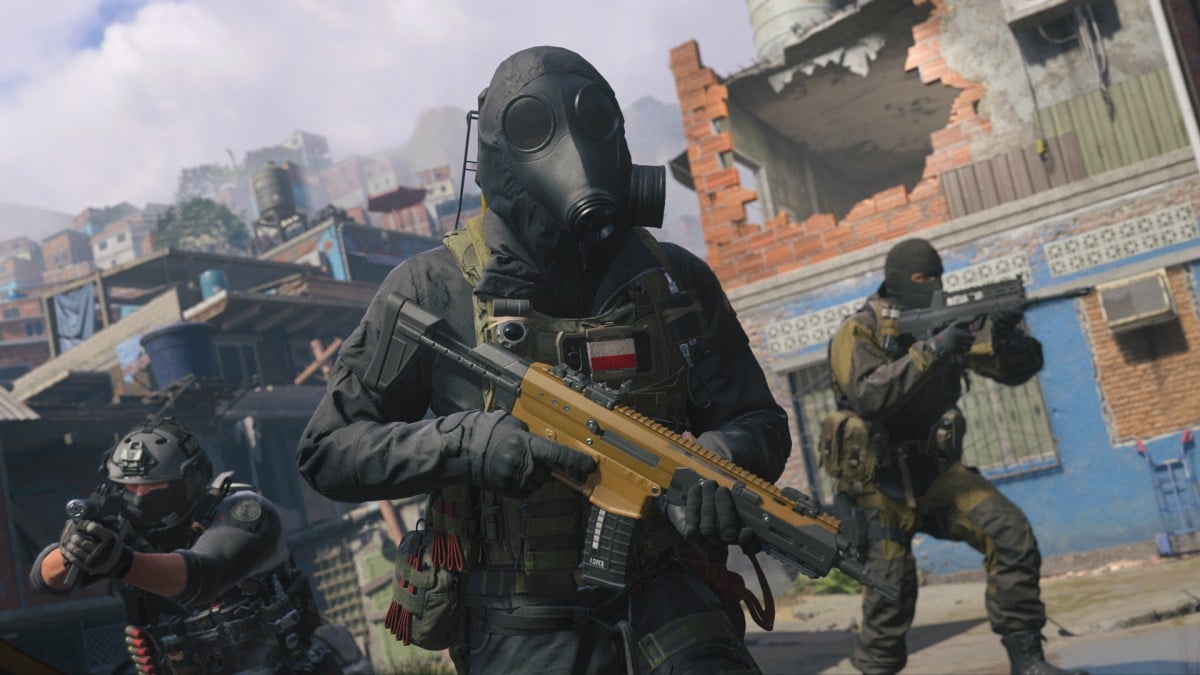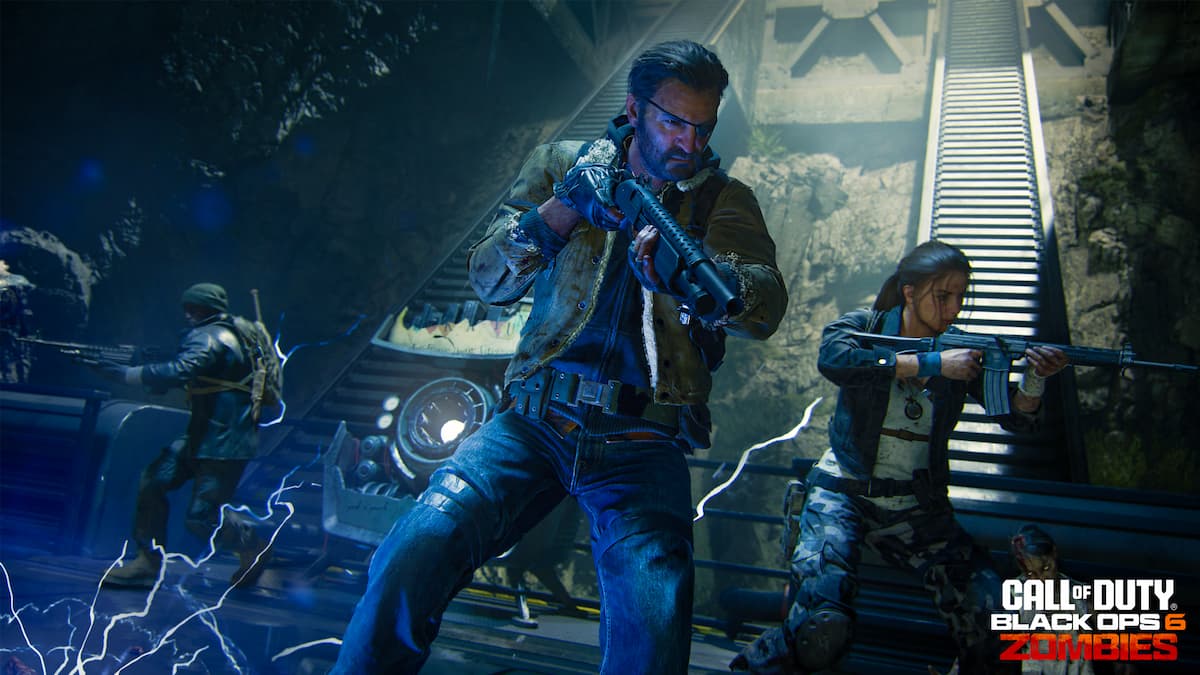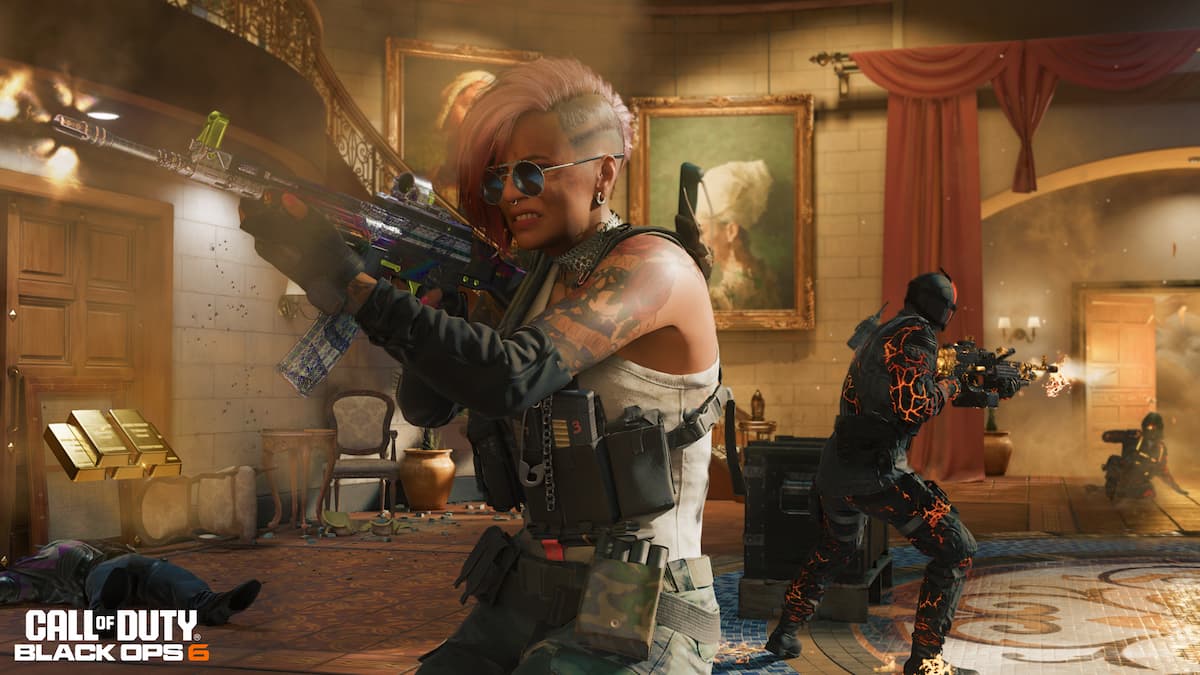After years of controversy, Call of Duty has finally openly acknowledged how its matchmaking system works in full detail.
In a new blog post today, Activision finally opened the doors into how players are matched into lobbies. The vaunted “skill-based matchmaking” that players have been complaining about for years was just a part of the discussion, but the publisher says it’s a little more complicated than what players have perceived.

Activision said at the end of last November that it would be addressing matchmaking, and this looks to be that promise fulfilled. If it will be enough to sate players’ complaints, however, remains to be seen.
In short, Activision has confirmed that SBMM does exist, but it’s only one of a variety of factors taken into account when finding a game in CoD.
“We often see the community refer to our matchmaking system as ‘Skill-based Matchmaking,'” the publisher said. “Call of Duty does consider skill (or more specifically player performance) as a component, as do most in the industry, but skill is not the dominant variable. We consider and prioritize several factors to create lobbies.”
Skill is the big and divisive topic. On that front, Activision said it uses individual player performance “to ensure that the disparity between the most skilled player in the lobby and the least skilled player in the lobby isn’t so vast that players feel their match is a waste of time.”
“Our data shows that when lower skill players are consistently on the losing end, they are likely to quit matches in progress or stop playing altogether,” Activision said. “This has an effect on the player pool. A smaller player pool means wait times for matches increase and connections may not be as strong as they should be. This can compound over time to create a spiral effect. Eventually, when only high-skilled players remain because lower skilled players have quit out of frustration, the result is an ecosystem that is worse overall for everyone.”
Activision said CoD will determine connection by a number of factors, including those in this order of importance: time to match, playlist diversity, recent maps and modes, skill and performance, input device, platform, and voice chat when putting players into a match.
“Every time a player begins matchmaking in multiplayer, for example, the process needs to work through all these factors to find other players (all of which are also being analyzed) to quickly assemble a lobby that is stable and competitive,” the company said. “These factors have resulted in a process that we believe provides the best player experience and creates a stronger community for Call of Duty worldwide.”
To close out the post, Activision said it does not consider player engagement or money spent when matchmaking, matchmaking does not impact in-game elements such as hit registration, and the series does not use bots in multiplayer.
Lastly, though, the company said it has considered the removal of skill from matchmaking in general multiplayer modes “in the past and we will continue to examine if this idea makes sense as part of an experimental playlist or in specific modes.”
“We have run tests over the years to determine if removing skill as a consideration from matchmaking makes sense,” Activision said. “We will continue to launch these tests periodically. To date, the data remains consistent with what we detailed above – players tend to quit matches or stop playing if they’re getting blown out, resulting in a negative overall experience for all players in the lobby and the general player population. We purposefully do not disclose when these tests occur because it may impact feedback or the data we see during these tests.”






Published: Jan 29, 2024 03:14 pm